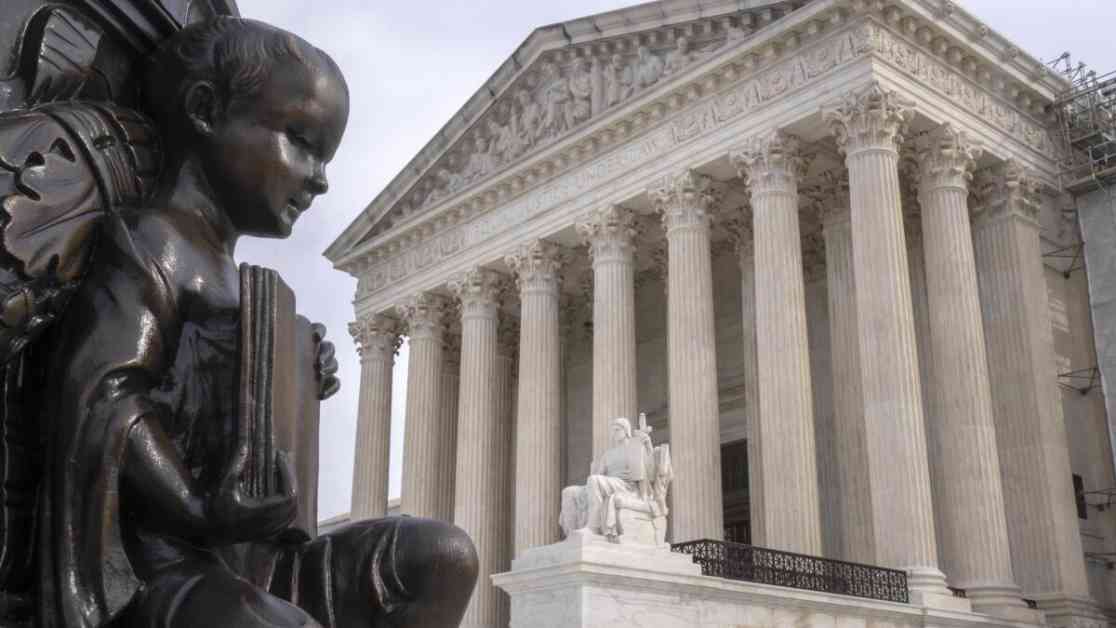The Supreme Court in Washington declined to hear appeals from Uber and Lyft on Monday. The ride-hailing companies were seeking to block California state labor lawsuits that aim to get back pay for many drivers. The court did not give any reason for turning down the appeals from both companies. The main issue at hand was the extent of the arbitration agreements between drivers and the companies.
Last year, a state appeals court ruled that state labor officials are not required to follow arbitration agreements that they did not sign or support. Uber and Lyft, along with a group of California employers, argued in their appeal to the Supreme Court that the Federal Arbitration Act should take precedence over state laws. They believed that broad lawsuits seeking money for employees who had agreed to arbitrate claims individually should be blocked. They claimed that this case was California’s latest attempt to find a loophole in the law.
The lawsuits against Uber and Lyft were filed by California Attorney General Rob Bonta and Labor Commissioner Lilia Garcia-Brower four years ago. They accused the companies of misclassifying drivers as independent contractors instead of employees. This classification meant that workers did not have protections like paid sick leave, reimbursement of expenses, overtime pay, and minimum wages. The lawsuit aimed to recover unpaid wages and penalties for all drivers who worked for Uber or Lyft during the specified time period.
Despite voters approving Proposition 22 in 2020, which allowed companies to treat drivers as independent contractors, the state appeals court in San Francisco ruled last year that the state lawsuits could proceed. This decision was based on the fact that state officials did not agree to be bound by the arbitration agreements. The court emphasized that the state officials were enforcing labor laws, not acting on behalf of individual drivers.
In January, the state Supreme Court also refused to hear an appeal, leading Uber and Lyft to seek intervention from the U.S. Supreme Court. Over the years, the conservative-leaning high court has often disagreed with California courts on arbitration issues and has typically ruled in favor of businesses looking to limit lawsuits.
Two years ago, the U.S. Supreme Court invalidated a part of California law that allowed private attorneys to sue on behalf of a group of employees who had agreed to individual arbitration. The California Employment Law Council, representing around 80 private employers in the state, supported the court’s potential involvement in the Uber case to prevent the state from bypassing arbitration agreements. They argued that California courts have shown a dislike for arbitration in the past.



























